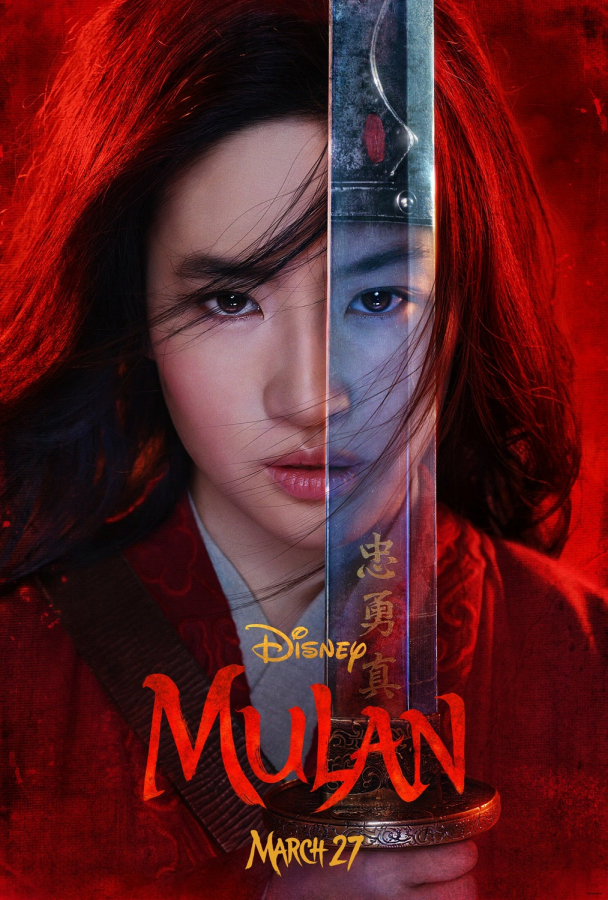The controversy surrounding new live-action “Mulan”
Photo courtesy of Disney under Creative Commons License
Mulan sends critics and fans into a frenzy after multiple controversies surround the film.
October 3, 2020
As a generation, our childhoods were shaped by the enchanting and wondrous fairytale worlds brought to life by classic Disney films. Stories like “Cinderella,” “Sleeping Beauty” and “The Lion King” have all played a substantial role in raising us to be the people we are today through their countless life lessons and words of wisdom. In recent history, Disney has been reinvigorating these childhood favorites and bringing them back to life by creating live-action remakes. Many fans grow excited at the thought of these stories being recreated for the next generation, but that’s not to say that these revamped versions can’t raise criticism. Most recently, the live-action version for “Mulan” has been at the center of controversy.
The brand new live-action film has faced the most backlash out of all of Disney’s recent film productions, and not without reason. The many scandals surrounding the film have to do with everything from major storyline changes to cultural insensitivity and human rights issues. The most pressing matter is that the movie was partly filmed in the Xinjiang province of China, where the oppression of Muslim minorities takes place in the form of mass internment camps.
“I cannot believe the fact that it was filmed in a location with concentration camps and people suffering,” said junior Bill Chen, “after hearing [about the] controversies surrounding the filming location and the lack of diversity behind the scenes, I realized how the movie undermined the ideas and cultural significance of Mulan’s story.”
Disney has worked closely with government agencies in Xinjiang to make the filming production possible in the region, which many people have fulminated against. The filming took place in a city called Turpan that holds a large ethnic Uighur population. They are the main group facing repression under the CCP, the Chinese Communist Party. The film has also been receiving backlash long before this due to its lead actor, Liu Yufei, showing her support on social media for the Hong Kong police responsible for using force against pro-democracy protests.
Furthermore, the movie itself, which has been released on the company’s streaming platform, Disney+, is only available to stream after paying a thirty dollar fee on top of the monthly subscription. “The thirty bucks to stream it is also insane and a total ripoff,” said sophomore Tenzin Werner. “I was upset at first because I love the story of Mulan, but it’s unacceptable to support those who support tyranny.”
“The fact that Disney is charging subscribers extra to watch “Mulan” even though it was filmed in a location where thousands of people were undergoing a genocide is heinous and disheartening,” said Chen. These criticisms have led to people boycotting the movie entirely. It has also resulted in the film’s box office revenue amounting to only 43.8 million USD, a disappointment for a movie with over a 200 million dollar budget.
The smaller disputes going on about the movie prior to its release are mostly about the major storyline changes and removal of the many specialties that made the animated version so enjoyable and unique. Characters that were fundamental to the initial film, such as Mushu and Li Shang, were entirely cut out. The musical element of the movie was also left out, which was a major blow to the Disney experience and narrative that made the first movie so magical.
Though fans of the original 1998 picture were disappointed by the mishandling of this live-action version, the brave story of “Mulan” still lives on as a symbol of strength and female empowerment.





